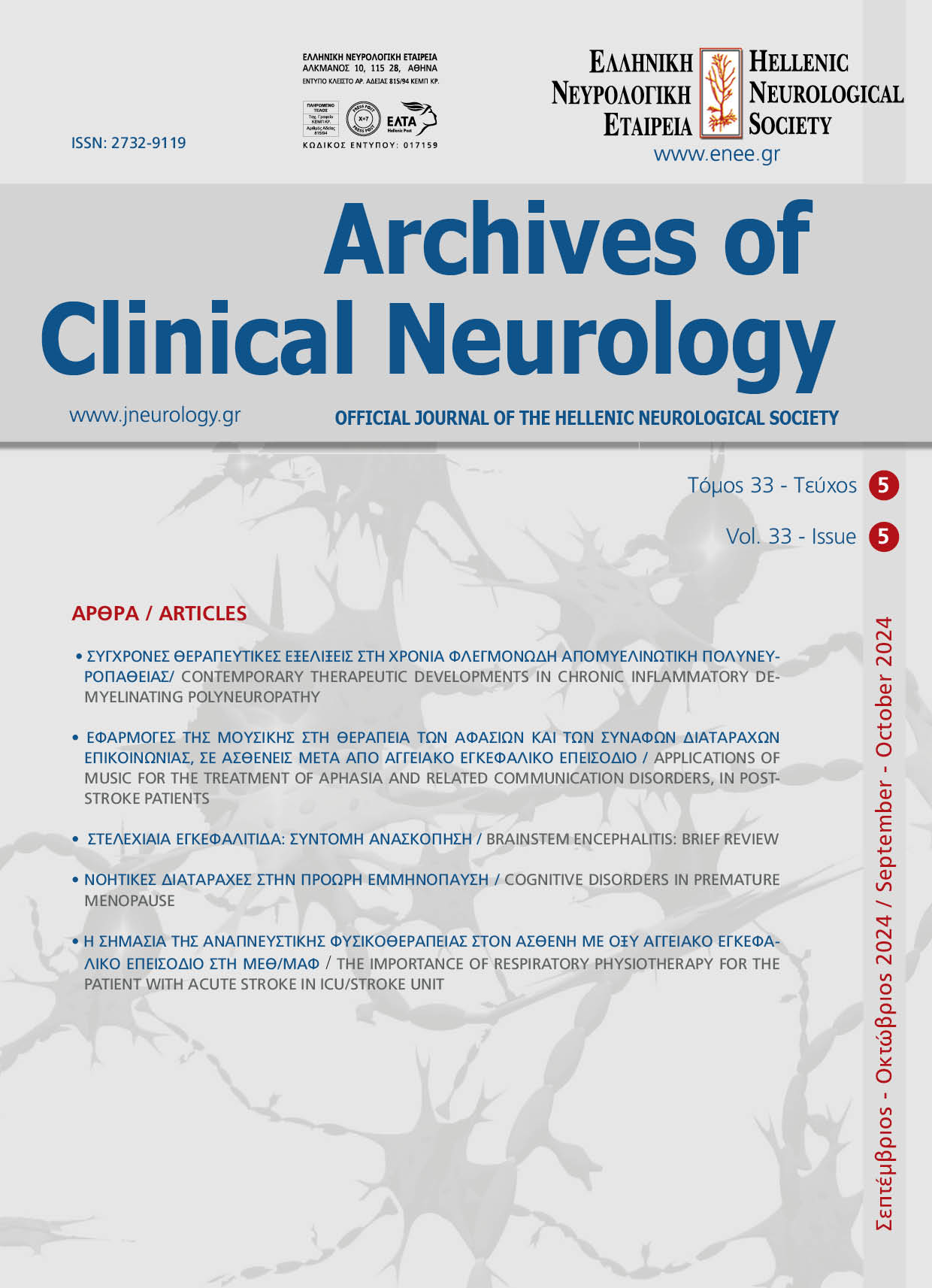COGNITIVE DISORDERS IN PREMATURE MENOPAUSE
Keywords:
premature menopause, premature ovarian insufficiency, cognitive disorders, cognition, cognitive functionAbstract
Premature menopause, or premature ovarian insufficiency, affects 1% of women under the age of 40. Beyond the crucial role of estrogens in the reproductive ability of the woman, there are also many other, and equally important, factors - such as cognitive function. The causes that lead to premature menopause have not been precisely determined. A literature search was conducted on cognitive disorders in menopausal women and animal models, focusing mainly on premature menopause. Most women in menopause (around 70%) report a deterioration of their memory acumen in the peri-menopausal period. Cognitive decline precipitates as a direct consequence of the decrease in estradiol. Estrogens, besides their effect on neurotransmitter levels and activity, also promote neuronal growth and synaptogenesis by acting as antioxidants and regulating the homeostasis of calcium and the secondary messenger systems. The deterioration of the cardiovascular function, which often accompanies the peri-menopausal period, maybe a route through which cognitive functions are driven to deterioration when in premature menopause since vascular risk factors have been known to correlate with cognitive deficits and dementia. Premature menopause affects the central nervous system leading to cognitive impairment or even dementia, mainly due to the decreasing estrogen level and comorbidity with cardiovascular risk factors, autoimmune diseases, and aging.


